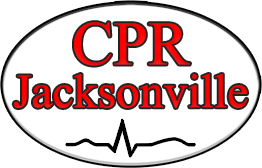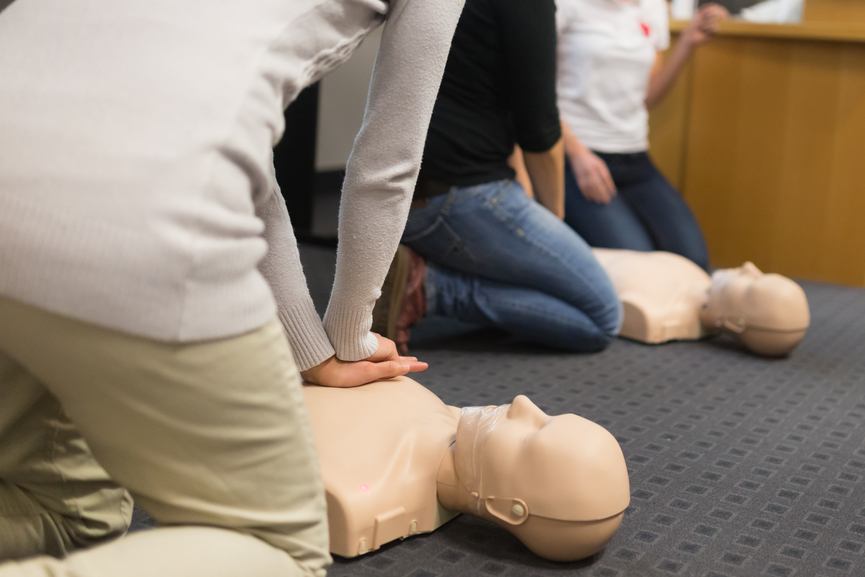First aid is a critical skill that can have a significant impact on patient care in medical emergencies. Often, the initial moments after an accident or health crisis are the most crucial, in determining the outcome of the incident. Effective first aid can prevent further injury, reduce complications, and, in some cases, save lives. The role of proper first aid training cannot be overstated, as it equips people with the knowledge and skills to respond to emergencies swiftly and efficiently.
First aid is the immediate care provided to someone experiencing a medical emergency before professional help arrives. It encompasses a range of basic medical interventions that stabilize a patient, prevent their condition from deteriorating, and offer comfort. The core principles of first aid include assessing the scene for safety, identifying the nature of the emergency, and administering appropriate care while seeking additional medical assistance when necessary.
Understanding First Aid Basics
Understanding first aid basics involves knowing how to handle a variety of medical emergencies. These situations can range from minor incidents, such as cuts and burns, to severe conditions like heart attacks, strokes, or traumatic injuries. First aid encompasses a broad spectrum of skills, including CPR, wound care, splinting broken bones, and managing shock or severe allergic reactions. A comprehensive first-aid training program imparts these skills, preparing participants to act quickly and effectively in emergencies.
A well-structured first aid training program consists of several key components: theoretical knowledge, practical skills, and simulations or scenarios. The theoretical aspect involves learning about the human body’s anatomy and physiology, common injuries, and typical medical emergencies. It also includes an understanding of the appropriate responses to different situations. For example, if someone is choking, trainees learn to perform the Heimlich maneuver, while for a person experiencing cardiac arrest, CPR is crucial.
Enhancing Patient Care Through Comprehensive Training
Practical skills are the hands-on component of first aid training. This involves practicing techniques like bandaging wounds, performing CPR, using an automated external defibrillator (AED), and learning how to position an injured person to ensure their safety. Practical training helps build muscle memory and confidence, allowing trainees to perform these actions instinctively in a real emergency.
Simulations and scenarios are another essential part of comprehensive first-aid training. These exercises replicate real-life emergencies in a controlled setting, allowing trainees to apply their knowledge and skills under pressure. Simulations can vary in complexity, from basic CPR drills to more complex scenarios involving multiple victims or varying degrees of injury. This type of training helps build confidence and ensures that trainees are better prepared for real emergencies.
Benefits of Proper First Aid Training
The benefits of proper first-aid training are numerous. One of the most significant advantages is improved response time and decision-making. When someone is trained in first aid, they can quickly assess the situation and take appropriate action, reducing the risk of complications or further injury. This rapid response is especially crucial in critical situations where every second counts.
Enhanced confidence and preparedness are other notable benefits of first aid training. Knowing how to respond to an emergency gives individuals the assurance they need to act without hesitation. This sense of readiness can be the difference between a successful intervention and a tragic outcome. Additionally, first aid training has the potential to save lives, which is the ultimate goal of any medical emergency response.
Challenges in First Aid Training
Despite its importance, first aid training comes with its challenges. Accessibility and affordability are significant barriers for many people. In rural or underserved areas, finding a reputable training program can be difficult, and the cost of certification may be prohibitive for some. Additionally, maintaining up-to-date knowledge and skills is crucial, as medical guidelines and best practices evolve.
Overcoming psychological barriers is another challenge in first aid training. Many people feel anxious or overwhelmed at the thought of providing emergency care, fearing they might do something wrong. Comprehensive training programs address these concerns by fostering a supportive environment where trainees can build confidence and receive constructive feedback. This approach helps alleviate anxiety and ensures that individuals feel capable of providing first aid when needed.
To address these challenges, it’s important to promote the widespread adoption of first aid training. Employers can play a role by encouraging staff to become certified, while schools and community centers can offer courses to the public. Integrating first aid training into educational curricula ensures that young people learn these critical skills early on, creating a culture of preparedness. Collaboration and knowledge-sharing among healthcare facilities and training organizations can also contribute to more accessible and affordable first-aid training options.
First aid training is a vital component of patient care, offering the potential to save lives and improve outcomes in medical emergencies. A comprehensive training program that combines theoretical knowledge, practical skills, and simulations provides individuals with the tools they need to respond effectively to emergencies. While there are challenges to overcome, the benefits of first-aid training far outweigh the obstacles. If you’re interested in learning first aid or improving your skills, consider enrolling in a training program today. Whether you’re a healthcare professional or a concerned citizen, first aid training is an investment in safety and well-being that can make a lasting impact.
Conclusion
In conclusion, the importance of first aid training cannot be overstated. It is an essential skill that not only empowers individuals to respond effectively in emergencies but also significantly enhances patient care outcomes. Through comprehensive training, such as CPR certification, individuals gain the knowledge and confidence needed to act swiftly and correctly in critical situations. This, in turn, can save lives and improve recovery times for those in need.
We encourage you to take the next step in enhancing your lifesaving skills by enrolling in CPR certification in Jacksonville, FL. Whether you are a healthcare professional, a teacher, a parent, or simply a concerned citizen, obtaining CPR certification in Jacksonville FL will equip you with the vital skills needed to make a difference. Don’t wait for an emergency to strike—prepare yourself now to be a capable and confident first responder. Sign up for CPR certification in Jacksonville FL today and become a crucial link in the chain of survival in your community.


